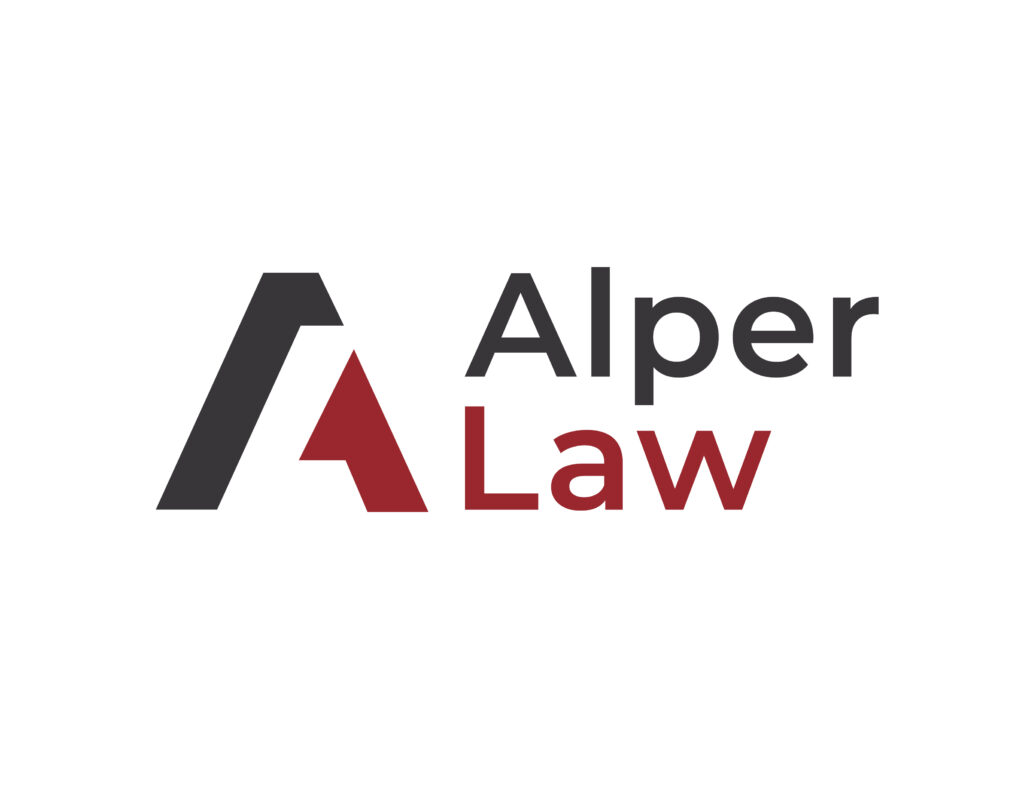The Cook Islands trust is currently our most common legal tool for offshore asset protection. This article will show why a Hungarian trust is a better asset protection solution for many of our clients.
What Is a Hungarian Trust?
The Hungarian Trust is a feature of the Hungarian Civil Code. The Code provides that a Hungarian trust puts full legal title in the name of the trustee as opposed to Cook Islands’ law, based on English common law, that preserves for the settlor a separate beneficial interest in trust assets. The settlor of the Hungarian trust does not retain a separate beneficial interest that could be a target of creditor collection.
Assets in a Hungarian trust are under the umbrella of European Union laws and regulations. EU laws pre-empt Hungarian law, and interpretation of EU laws are under the jurisdiction of the European Court of Justice. Hungary also provides political stability of an independent nation incorporated into the EU.
Hungary’s banking industry is fully integrated into the EU banking system. Hungarian trusts fall under International Financial Reporting Standards (IFRS) applicable to all European companies, and in accordance with European law require strict standards in the preparation of non-consolidated financial statements annually. Hungarian law has strict accounting rules; the result is assured compliance with applicable tax regulations and governance.
How Hungarian Trusts and Cook Islands Trusts Are Similar
Hungarian trusts and Cook Islands trusts each provide effective asset protection for U.S. resident debtors. Neither jurisdiction recognizes U.S. judgments or court orders.
Both have laws that discourage successful fraudulent actions against trust assets by making the creditor prove fraudulent intent beyond a reasonable doubt in a foreign court. The income tax treatment and reporting requirements are the same in both jurisdictions. The trusts are both foreign grantor trusts that must be reported on several IRS informational forms. Additionally, the trustees in both Cook Islands and Hungary conduct background investigations of prospective settlors (so–called know-your-customer checks), and trustees require evidence of the source of the settlor’s funds and assets being proposed as trust contributions.
Advantages of Hungarian Trusts
Though lesser known than Cook Island Trusts as an asset protection device, we have found that Hungarian trusts have advantages that make them the preferred asset protection tool for some of our clients.
Onboarding and Settlor Acceptance:
Trustees in both jurisdictions are particular about who they accept as trust clients for the trustees’ own protection. We find that our Cook Island trustees are more particular, and they more often refuse clients. Also, Cook Islands trustees insert in their trust agreement a condition that the trustee will not defend trust assets against claims from creditors in clients’ pre-existing lawsuits or claims. Other clients who are involved in any manner in criminal proceeds have difficulty being accepted for a Cook Island Trust.
We have used a well-known Hungarian trust company called Primus Wealth. We found it relatively easy to place clients with Primus, provided only that the client proves a legitimate source of funds and passes a more relaxed KYC check. For that reason, we have sent clients rejected by the Cook Islands trustees to Primus for Hungarian asset protection trusts, and clients are satisfied with their fees and professional services.
Banking and Financial Accounts
Banking and asset management is not difficult for Cook Islands trusts provided the client is comfortable with Cook Islands financial institution, but it is comparatively expensive and time-consuming for the Cook Islands trustees to place client money in better-known EU financial institutions. Because Hungary is fully integrated in the EU financial system opening trust accounts in the best-known EU financial companies is quick and less expensive for Hungarian trustees.
Difficulty of Creditor Fraudulent Transfer Actions
A well-motivated creditor can initiate a fraudulent transfer claim in Cook Islands or Hungary. Legal actions in the Cook Islands use the English language, and legal pleadings are similar to like actions in U.S. courts.
Legal actions, including fraudulent transfer suits, brought in Hungary must be in the native Hungarian language, including pleadings and oral argument before a tribunal. U.S. pleadings must be translated, and creditors must hire Hungarian attorneys. The language rules are a practical defense against U.S. creditors pursuing fraudulent transfers to a Hungarian Trust.
Who Should Use a Hungarian Asset Protection Trust?
An increasing minority of asset protection clients decide that the Hungarian asset protection trust best serves their goals. These clients include those rejected by the more exacting KYC standards of the Cook Islands trustee, clients with existing judgments and civil litigation, and clients who value the relative efficiency and political stability of integration into the EU financial system.
Sign up for the latest information.
Get regular updates from our blog, where we discuss asset protection techniques and answer common questions.
Please enable JavaScript in your browser to submit the form
Publisher: Source link












